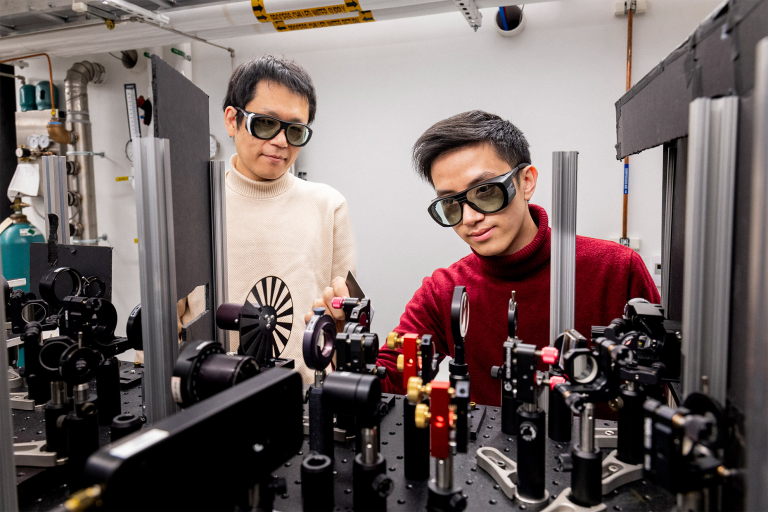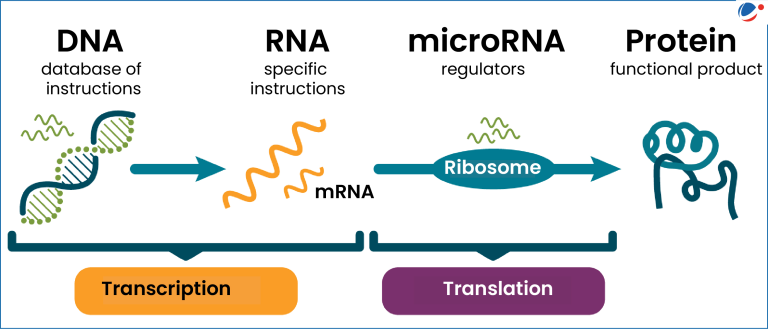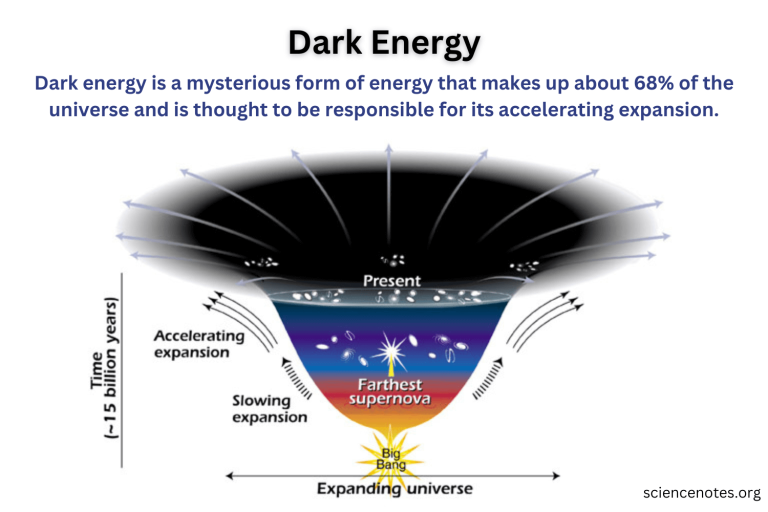Franklin Stove: Benjamin Franklin’s Ingenious Invention
May 7, 2025

The Franklin stove, one of Benjamin Franklin's most intriguing inventions, revolutionized domestic heating in the 18th century by improving efficiency in wood burning.This innovative fireplace design emerged during a period of extreme cold, known as the Little Ice Age, sparking significant advances in climate adaptation technology.
Read more
Trellis Air Cooling Technology: Revolutionizing Energy Efficiency
May 7, 2025

Trellis Air cooling technology is revolutionizing the way we think about climate control in buildings, offering an innovative solution to the rising demands of air conditioning amid climate change.This ground-breaking system, developed by a Harvard startup, utilizes membrane dehumidification to significantly enhance energy efficiency while reducing the carbon footprint typically associated with traditional cooling systems.
Read more
Tropical Forest Canopy: Understanding Climate Change Impact
May 7, 2025

The tropical forest canopy, a vital component of our planet's ecosystems, plays a significant role in regulating climate and supporting biodiversity.As one of the primary indicators of forest health, this upper layer of trees is crucial in understanding how tropical forest ecosystems are responding to climate change impacts.
Read more
X-Chromosome Inactivation: A Breakthrough in Genetic Disorders
May 6, 2025

X-chromosome inactivation is a fascinating biological process that poses unique challenges for female cells in balancing their genetic expression.Unlike males, who possess a single X chromosome, females have two, necessitating the silencing of one to prevent an overload of gene products.
Read more
Healthcare Apps for Cancer Patients: Revolutionizing Support
May 6, 2025

Healthcare apps for cancer patients are revolutionizing the way individuals manage their treatment and recovery journeys.Designed to provide personalized healthcare support, these innovative applications harness the power of cancer recovery technology and reinforcement learning in healthcare to adapt to each patient’s unique needs.
Read more
Axion Quasiparticles: A New Frontier in Dark Matter Search
May 6, 2025

Axion quasiparticles are at the forefront of modern physics, representing a pivotal concept that might unlock the mysteries of dark matter.These elusive quasiparticles, theorized as components of dark matter, provide researchers with a unique avenue to explore the fundamental building blocks of the universe.
Read more
MicroRNA Discovery: Gary Ruvkun’s Path to a Nobel Prize
May 6, 2025

The discovery of microRNA by Gary Ruvkun and Victor Ambros in the early 1990s revolutionized our understanding of gene regulation, earning them the coveted Nobel Prize in Physiology or Medicine in 2024.Initially met with skepticism, their groundbreaking research revealed that these tiny RNA molecules play a critical role in controlling gene expression across various organisms, including humans.
Read more
Harvard Research Funding Crisis: Impacts on Innovation
May 6, 2025
The unfolding Harvard research funding crisis is sending shockwaves across the academic landscape, as the university grapples with the consequences of a government-mandated stop-work order on significant projects.Spearheaded by Don Ingber at the Wyss Institute, this situation threatens to halt critical research, including groundbreaking organ-on-a-chip technology, essential for understanding human health responses to radiation.
Read more
Dark Energy: New Insights from DESI Collaboration Results
May 5, 2025

Dark energy, a mysterious force driving the universe's accelerating expansion, poses one of the most profound questions in modern cosmology.Recent findings from the Dark Energy Spectroscopic Instrument (DESI) suggest that the evolution of dark energy might not be as constant as previously thought, indicating potential changes in its strength over cosmic time.
Read more